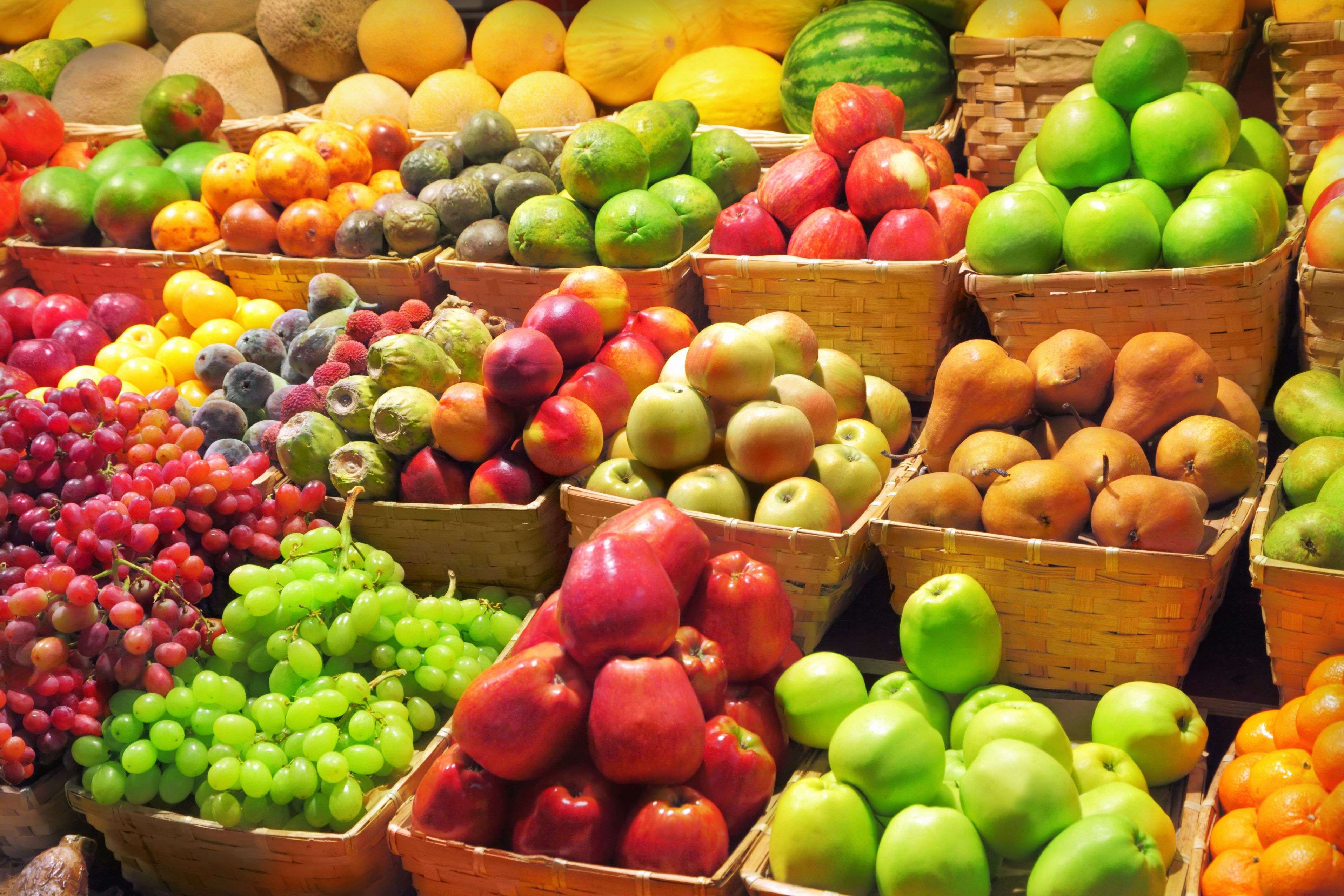If you process, grow, or sell food in Canada you have likely heard the commotion across the border about the FDA’s newly introduced Food Safety Modernization Act (FSMA).
What Is The FSMA?
The FSMA is a preventative plan to avoid the spread of foodborne illnesses before they begin, lessening the need for emergency tactics, effective for large companies as of September 2016 and will be coming into effect for small to medium businesses as of September 2017. The newly introduced requirements state that all businesses that handles human food - whether that is packing, processing, or manufacturing - must have detailed plans in place to identify, manage, & lessen risks, and to monitor all procedures & results.
What Are The Implications For Canadian Buyers & Suppliers?
The FSMA will undoubtedly have implications for Canadian manufacturers, processors, and suppliers. So what are those implications and how can you prepare your company for the future
Trained & Designated Staff
The Preventative Control Rule of the Food Safety Modernization Act requires companies to appoint a trained official to create, execute, and monitor all preventative controls used in the process. While food safety managers do qualify for this position, the Government recommends that businesses appoint a specific individual to become a certified expert in preventative controls.
Verification Upon Entry
When exporting to the United States, your products can also be subject to an audit which is meant to verify that what you are transporting is in compliance with the Foreign Suppliers Verification Rule.
Ready–To–Eat Goods
Ready-to-eat goods that are being packaged in Canada and exported into the United States will a face strict requirements regarding environmental pathogen monitoring programs to ensure that the product is properly packaged for shipment.
It’s important to prepare for these changes to avoid any discrepancies in your business process, so keep this in mind as your mould your processes for the future. This reform of food safety laws will have a wide range of implications for companies across the border, however each of the protocols will help businesses to improve their healthy and safety standards, preventing the spread of foodborne illnesses.


